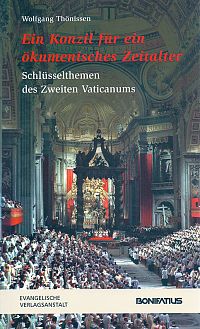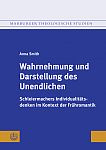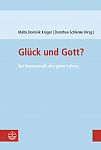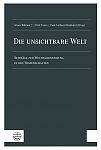Schlüsselthemen des Zweiten Vaticanums
Wolfgang Thönissen
Die Ankündigung eines ökumenischen Konzils der katholischen Kirche erfolgte in einer Zeit erhöhter ökumenischer Aktivitäten nach dem Zweiten Weltkrieg. Papst Johannes XXIII. trat jedoch nicht mit einem fertigen Plan vor die Weltöffentlichkeit. Erst allmählich kristallisierten sich Ziele, Zwecke und Themen des Konzils heraus. Von Anfang an konnte man einige Leitmotive wie »Aggiornamento« (Verheutigung) oder »Reform des christlichen Lebens« erkennen.
Aggiornamento will als Aufruf zur Reform der kirchlichen Verkündigung verstanden werden. Nicht um bloße Abwehr des Glaubensirrtums, sondern um positive und ganzheitliche Darlegung des katholischen Glaubens soll es gehen. In den 16 Dokumenten des Konzils lassen sich Schlüsselthemen benennen wie Offenbarung, Kirche, Sakramente, Ökumene, Religionsfreiheit. So wurde das Zweite Vatikanum ein Konzil des Übergangs aus dem konfessionellen in ein ökumenisches Zeitalter.
[A Council for an Ecumenical Age. Key Issues of the Second Vatican Council]
The announcement of an Ecumenical Council of the Catholic Church was made in a time of growing ecumenical activities after the Second World War. However Pope John XXIII. did not present a final plan at the outset to the world public. Aims, objectives and themes of the Council developed only gradually. However from the start there could be recognized certain key notes like the »Aggiornamento« (bringing up to date) or »reform of Christian life«.
Aggiornamento is intended to be understood as a call for reform of Christian proclamation. It would be not merely a defence against errors regarding faith but a positive exposition of Catholicism in its entirety. The 16 documents of the Council deal with key issues such as revelation, ecclesiology, sacraments, ecumenism and freedom of religion. Thus the Second Vatican Council became a Council of transition from a denominational to a ecumenical age.
Zum Autor
Wolfgang Thönissen, Dr. theol., Jahrgang 1955, ist Professor für Ökumenische Theologie an der Theologischen Fakutät Paderborn und Leitender Direktor des Johann-Adam-Möhler-Instituts für Ökumenik in Paderborn.






